"We can be ready with all resources, from finance to human resources and land funds, but if we cannot find a way to "unlock" nature, we cannot do sustainable agriculture," said a Vinamilk representative at the beginning of a trip to Green Farm Tay Ninh with a group of more than 30 experts and personnel working in the field of sustainable development at many leading businesses and units in Vietnam.
This is an activity of the Sustainability Connect Trip & Talk program organized by the Vietnam Business Council for Sustainable Development under the Vietnam Federation of Commerce and Industry (VBCSD-VCCI), with the inspirational theme: "Unlocking nature, sustainable development".
"Unlocking nature" - the approach of sustainable agriculture
Although it regularly welcomes foreign delegations, this time, the story of Green Farm Tay Ninh is told through a new lens. Electric cars take us to the livestock, crop, and waste treatment areas... to learn firsthand how Vinamilk "unlocks" nature, transforming the land that was once sunny, windy, and barren into a farm dubbed a "dairy resort", following the direction of sustainable development.
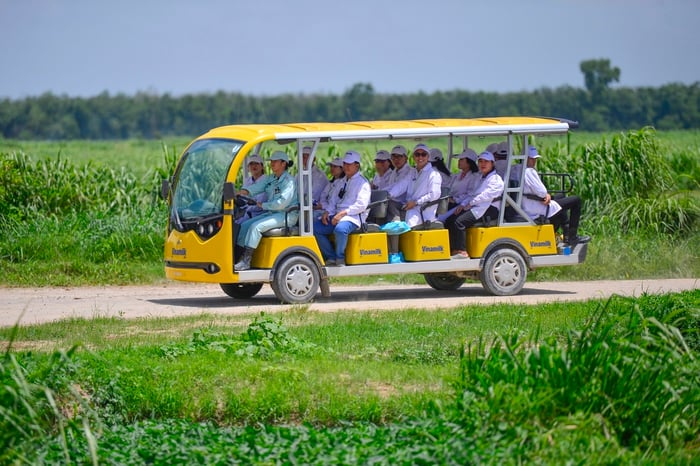
Many questions about this journey were gradually revealed by Vinamilk by the employees who directly worked here. Pointing to the Mombasa grasslands that caught our eyes, Mr. Nguyen Van Minh - Head of the Cultivation Department of Vinamilk Green Farm Tay Ninh, introduced us to 500 hectares of fertile land that met European Organic standards, one of the most stringent agricultural standards today.
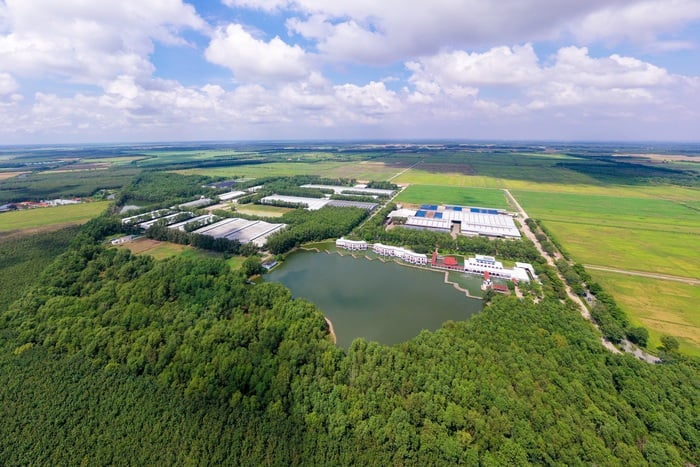
"3 years" - the number Mr. Minh mentioned surprised many people. That was the time Vinamilk did absolutely "nothing" so that the land could rest, purify residual substances, and return to its most natural state. That was the time when Vinamilk and Japanese agricultural experts "ate and slept" with the land to understand this land in the most detailed way.
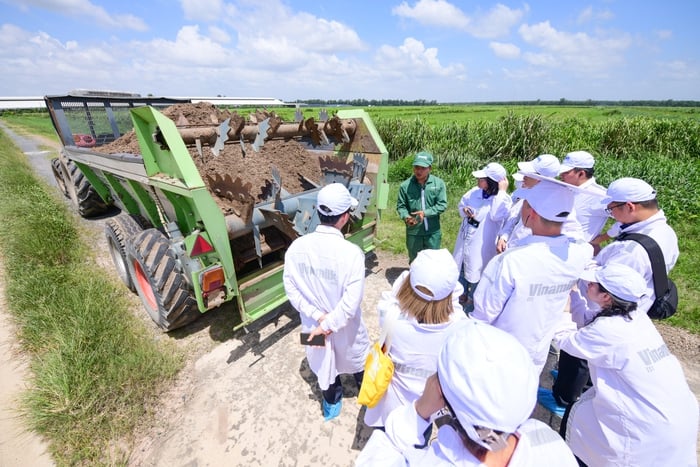
Livestock waste, which has always been a burning issue for all livestock farming models, has now become "black gold" for soil improvement. Taking us closer to the truck carrying processed organic fertilizer, Mr. Minh picked up a handful of cow manure that had been composted for at least 15 days and invited everyone to personally check that the manure was completely dry and no longer had an unpleasant smell. A soil cycle has gradually been formed and the company will soon introduce software to evaluate soil health.
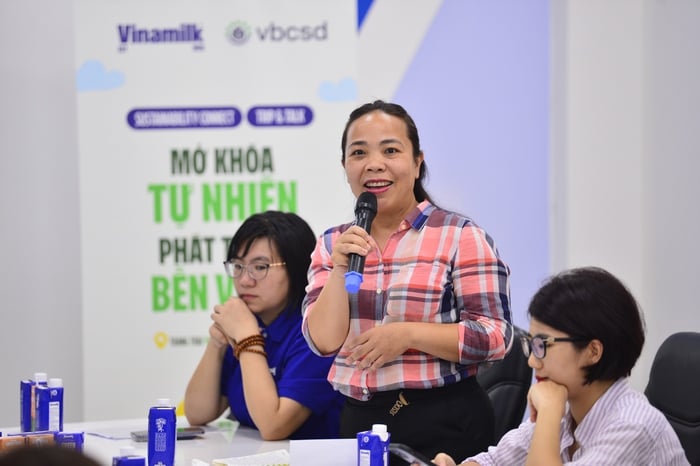
According to Ms. Nguyen Quynh Nga, Deputy Director of the Office of Enterprises for Sustainable Development of VCCI, the practices of Vinamilk Green Farm Tay Ninh are a specific example of the "unlocking nature" approach, turning climate barriers into opportunities, creating a closed green cycle and spreading benefits to the community. "Vinamilk has proven that nature is not a barrier but the key to help us solve challenges from food security and international competitiveness for Vietnamese agriculture," Ms. Nga emphasized.
"Nothing is wasted" in the ecological cycle
Leaving the fields, still surprised by the organic farming process, we took a closer look at the waste management stage, where many people were surprised by the "cleanliness" of this process when almost nothing was wasted.
In addition to turning 30-45 tons of cow dung into a nutrient-rich organic fertilizer every day, the methane gas produced during the composting process is not wasted but is collected into the biogas system. This renewable energy source is used to boil water, pasteurize milk for calves, dry employee clothes, dry grass and many other devices, helping to save more than 100 million VND in electricity bills each month.
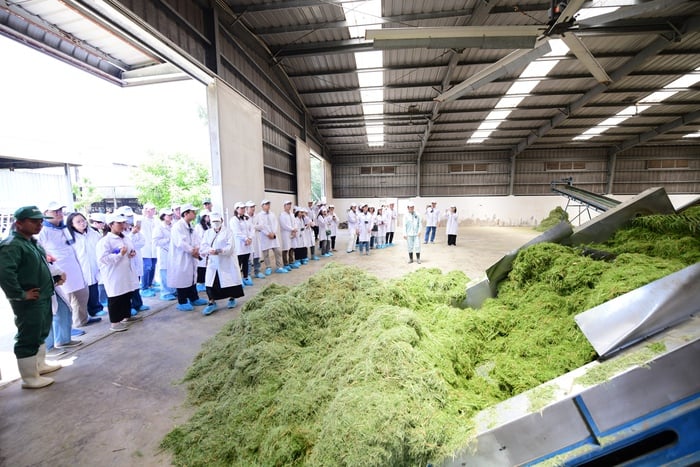
The group stopped for quite a while at the grass drying house, a grass drying system invented by the farm staff. Operating on the principle of drying tea, fresh mombasa grass can be dried at many levels according to demand and achieve quality equivalent to imported grass. Thanks to that, the farm is self-sufficient in producing dried grass on the spot at a price of only about 2,000 VND/kg, more than 10 times cheaper than previously imported grass.
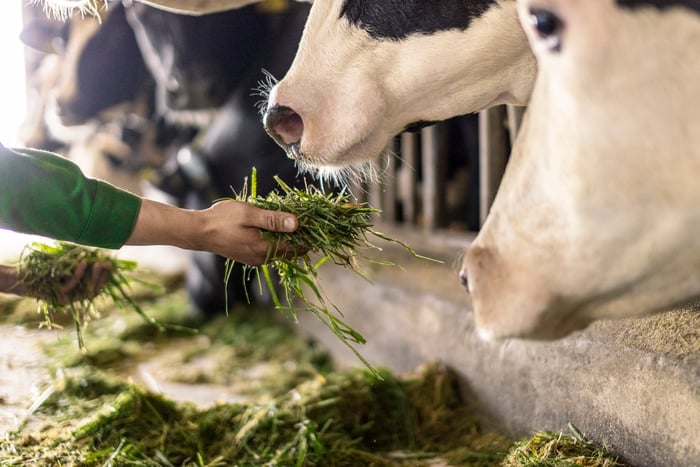
"Freshly cut grass is dried to feed the calves during the day, always keeping its freshness and nutrition. Although the grass is dried by the farm itself, it still has to be checked from the input grass to the finished product after drying before being brought to the "kitchen" to be processed into food according to a closed process, ensuring the health of the herd" - Ms. Kieu Linh, Director of Animal Husbandry and Veterinary Medicine, said.
High technology, nature at its core
The destination of the processed grass and corn carts will be the cow and calf housing areas. This is probably the most anticipated place on the trip. Stepping into the barn, everyone has the same feeling that this is the "coolest place" on the farm, the temperature is always at 27-28 degrees Celsius and there is absolutely no unpleasant smell despite being the home of nearly a thousand cows.
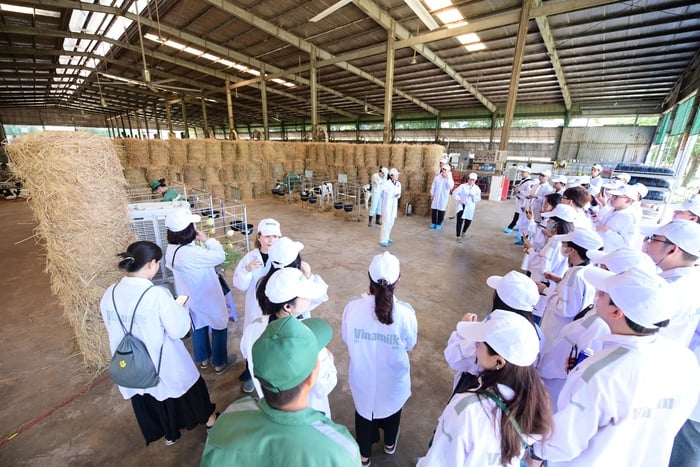
All thanks to the cooling system with dozens of giant fans, the special barn design helps with ventilation and air circulation. The automatic misting system creates regular "artificial rain" every three minutes, cooling and reducing stress for the cows. The barn roof is covered with solar panels, which both help reduce the temperature and create a clean source of electricity.
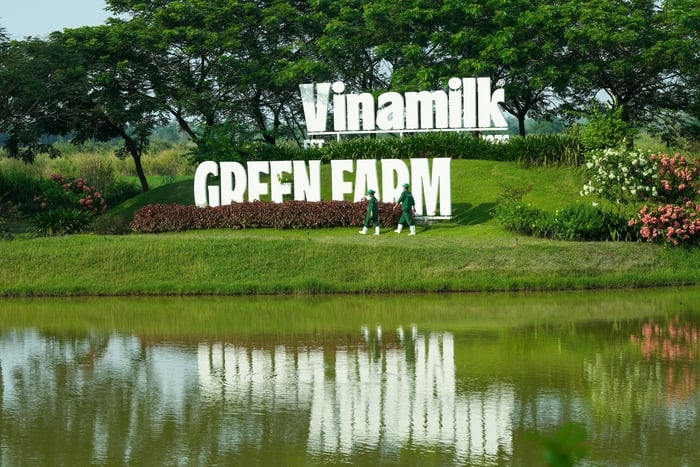
It is not too much to say that this place is a "resort" for dairy cows. Instead of making full use of the land area to increase the herd, Vinamilk generously retains 9 lakes interspersed with green areas to store and circulate water and at the same time act as "air conditioners and humidifiers" to keep the air cool and comfortable for the dairy cows, which are adapted to temperate climates.
Vinamilk can identify each individual cow using electronic chips to monitor their health, activities and design appropriate care regimens. Food is also managed by software, adjusting rations according to age, condition and mixing more than 20 types of seeds, grasses... rich in nutrients. Robots are ready to serve food and play relaxing music, automatic massage machines "scratch itches" when cows approach...
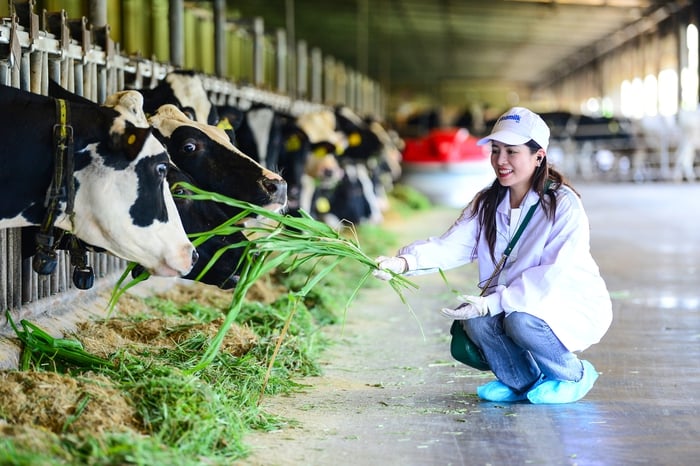
Although using a lot of modern "4.0" technology equipment, it is worth noting that in taking care of dairy cows, the enterprise always focuses on the criteria of "creating a living environment close to nature, limiting human intervention and allowing dairy cows to be comfortable, eat, sleep, exercise according to their needs, and live according to their natural habits...", Ms. Kieu Linh emphasized.
From "unlocking" nature to "expanding" the cycle
What impresses many people is not only the cycle of soil, water, waste treatment... formed inside the farm, but also the way Vinamilk expands to the local community, creating a satellite agricultural area of farms that are developed in a sustainable direction.
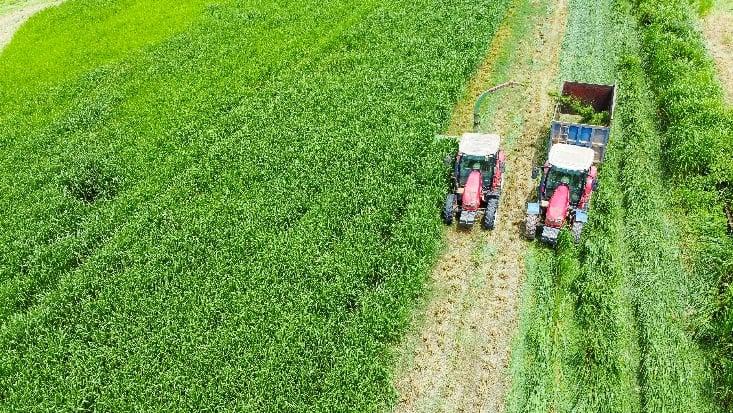
Organic fertilizers are provided to cooperative households and farm staff will be assigned to support farmers in cultivating according to good agricultural practices, ensuring quality. In 2024, the enterprise also purchased more than 365,000 tons of corn biomass from farmers, increasing their income. People become a link in the sustainable value chain, enjoy benefits and thereby participate deeply with the enterprise.
Expanding on the aspect of reducing greenhouse gas emissions, Mr. Nguyen Huynh Thanh Phong - Director of Sustainable Development of Bureau Veritas Vietnam, highly appreciated Vinamilk's priority in "real" reduction at the source, instead of compensating by purchasing external carbon credits, implementing a specific roadmap to achieve Net Zero by 2050.
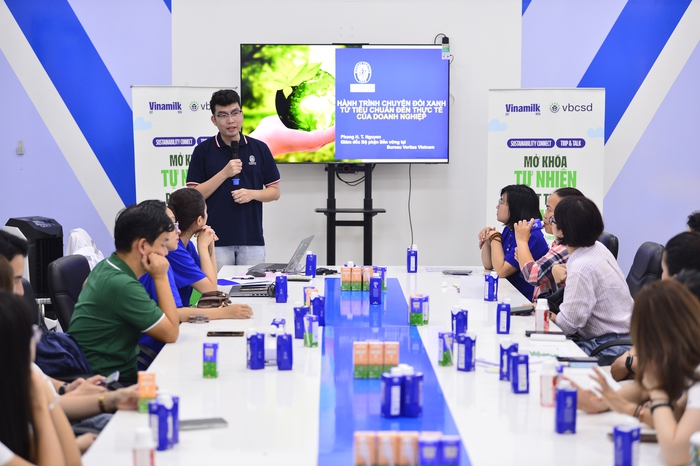
Mr. Phong gave an example from the initiative of drying grass on the farm, which not only helps Vinamilk become more self-sufficient, but also controls and reduces a large amount of greenhouse gas emissions from the production and transportation process if imported from abroad. Or closely working with farmers will help Vinamilk better manage greenhouse gas emissions in its supply chain in the future.
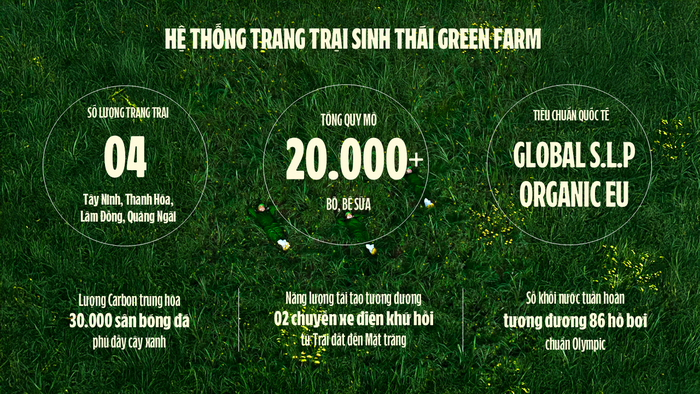
In the context that "sustainable development" will be one of the strategic keywords of many businesses, referring to the roadmap and approach from Vinamilk helps businesses be more proactive in implementing international standards, or more specifically, ESG practices, ... which are increasingly important in new-age agriculture, thereby leading the future trend when economic value will always go hand in hand with sustainable development.
After nearly 20 years of investment and development, Vinamilk is currently managing 14 farms in Vietnam and 1 farm in Laos, of which 4 farms are built according to the Green Farm ecological farm model. The farms are all managed and operated according to international standards and are at the forefront of sustainable development practices. Vinamilk has implemented programs inviting consumers to visit the farms, learn about the process of raising dairy cows and producing international standard raw milk. The activities attract a lot of attention, especially in the context of consumers increasingly paying attention to the origin of raw materials and product quality.
Source: https://phunuvietnam.vn/mo-khoa-tu-nhien-vinamilk-bien-rao-can-thanh-vong-tuan-hoan-xanh-tai-trang-trai-sinh-thai-20250725111711946.htm


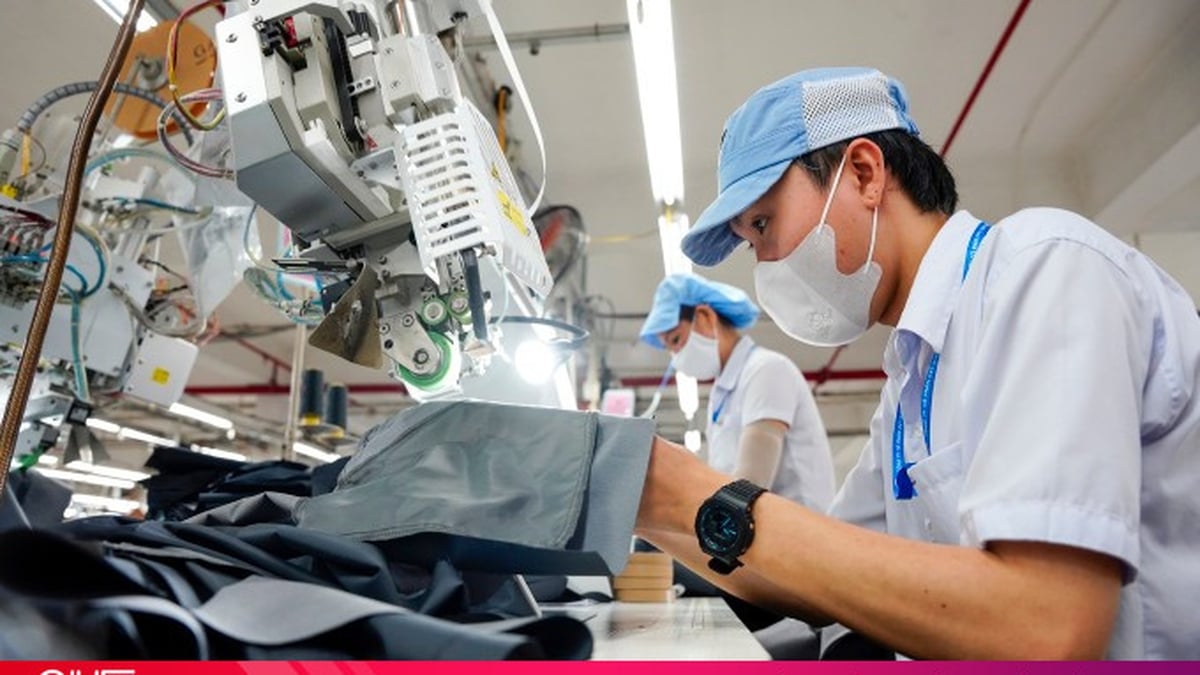
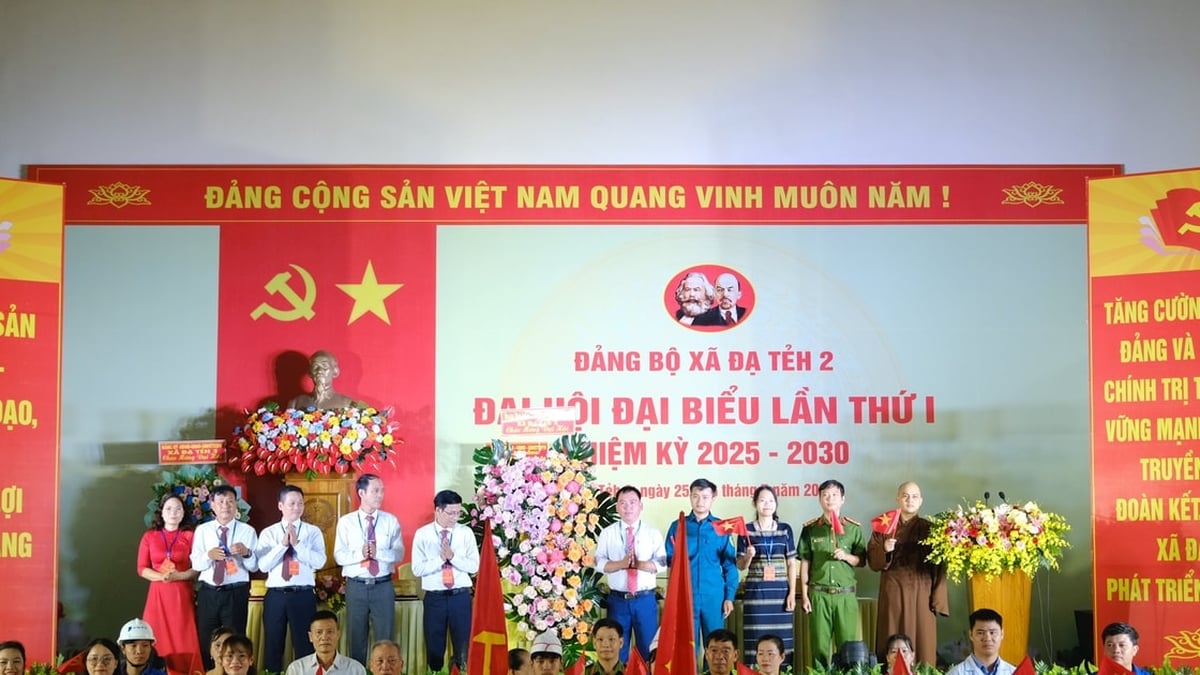
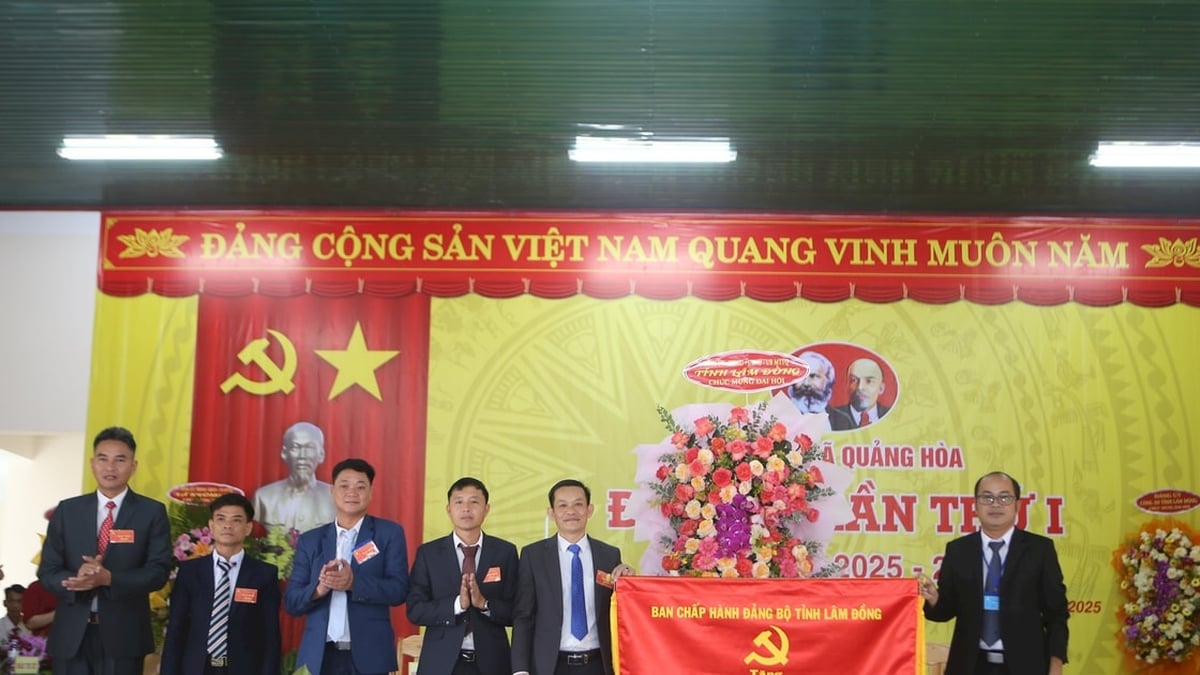
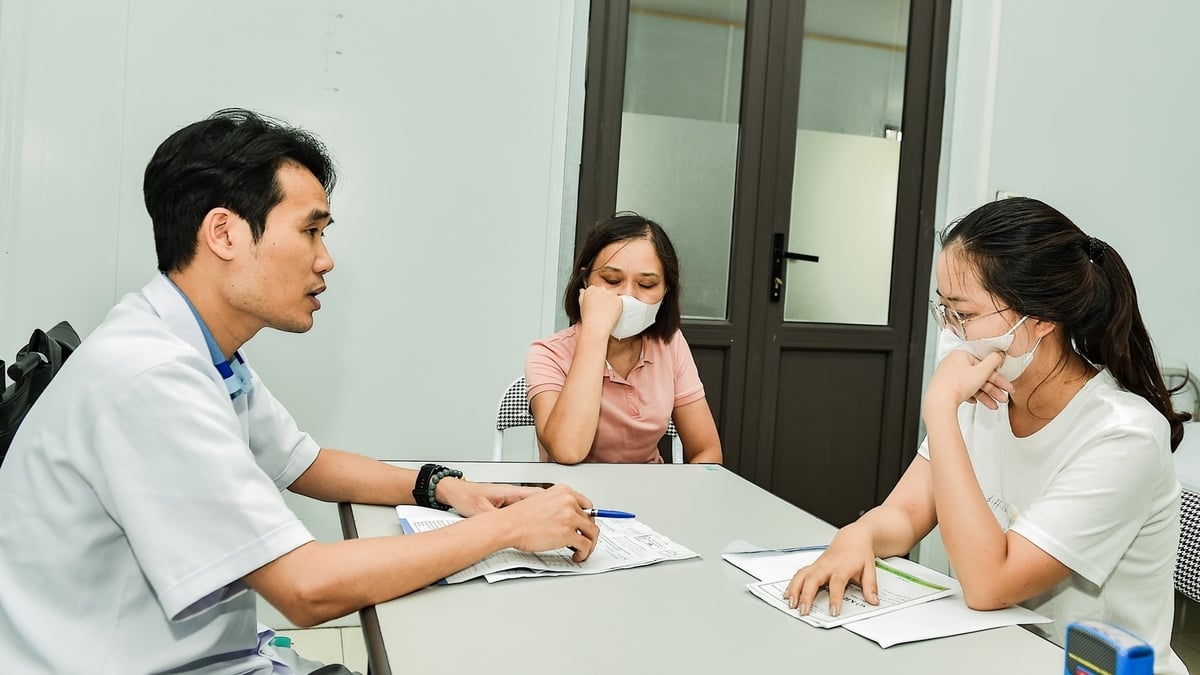
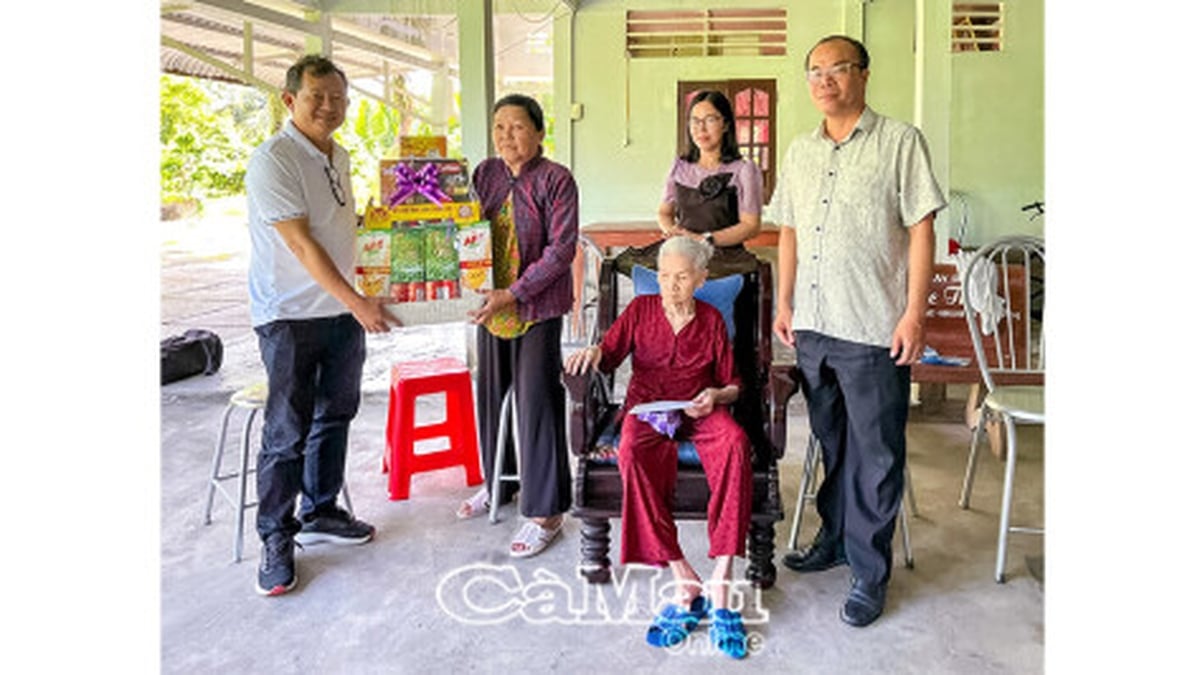
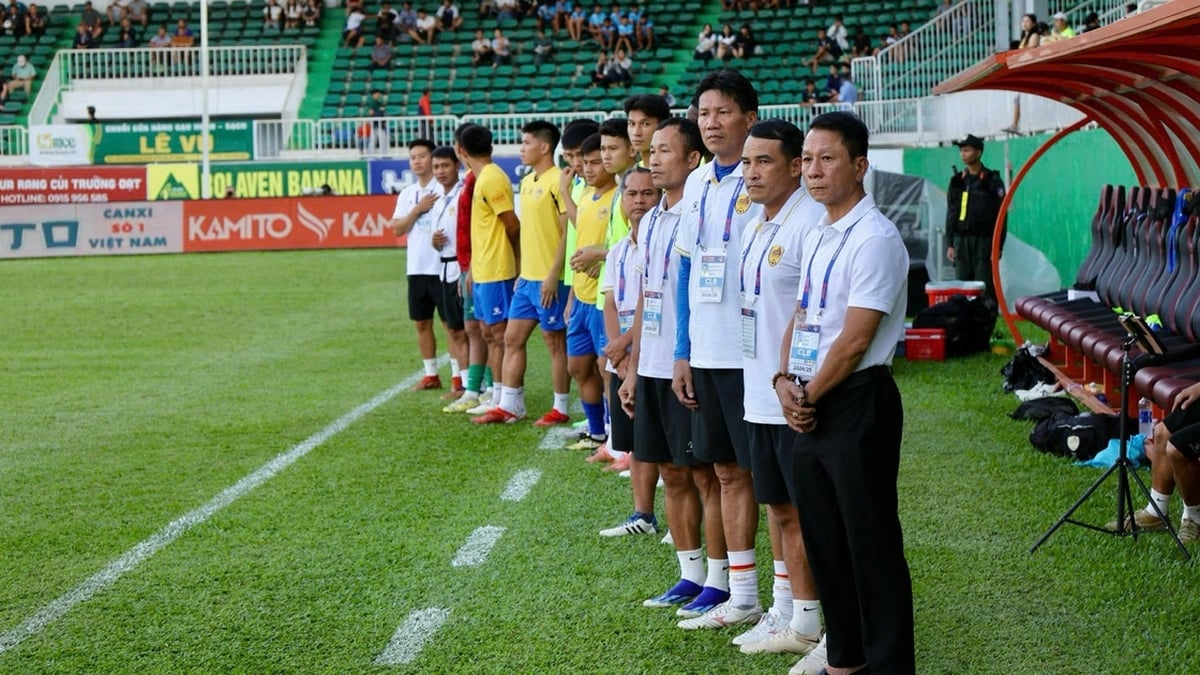
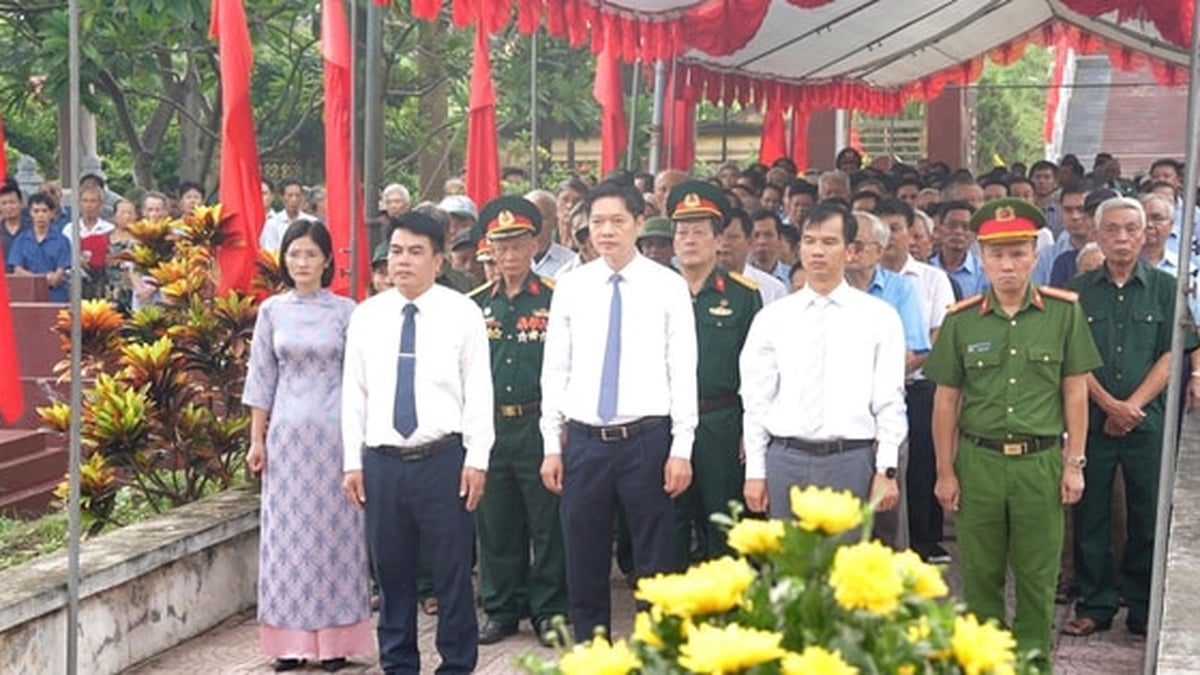
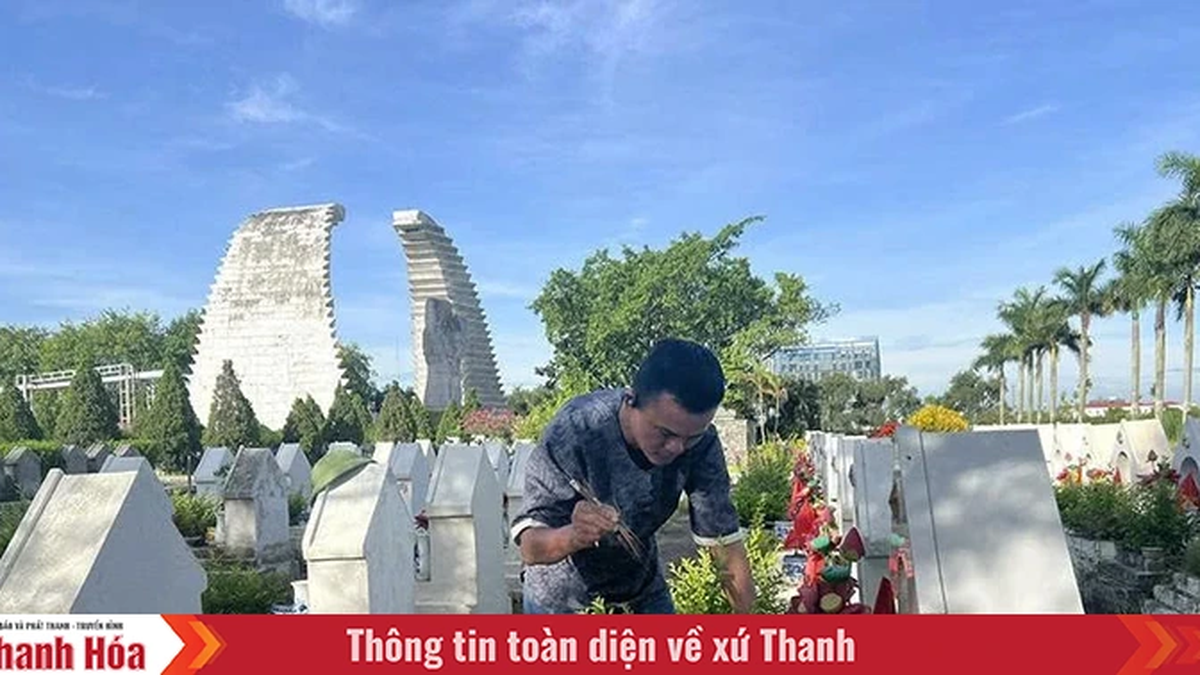
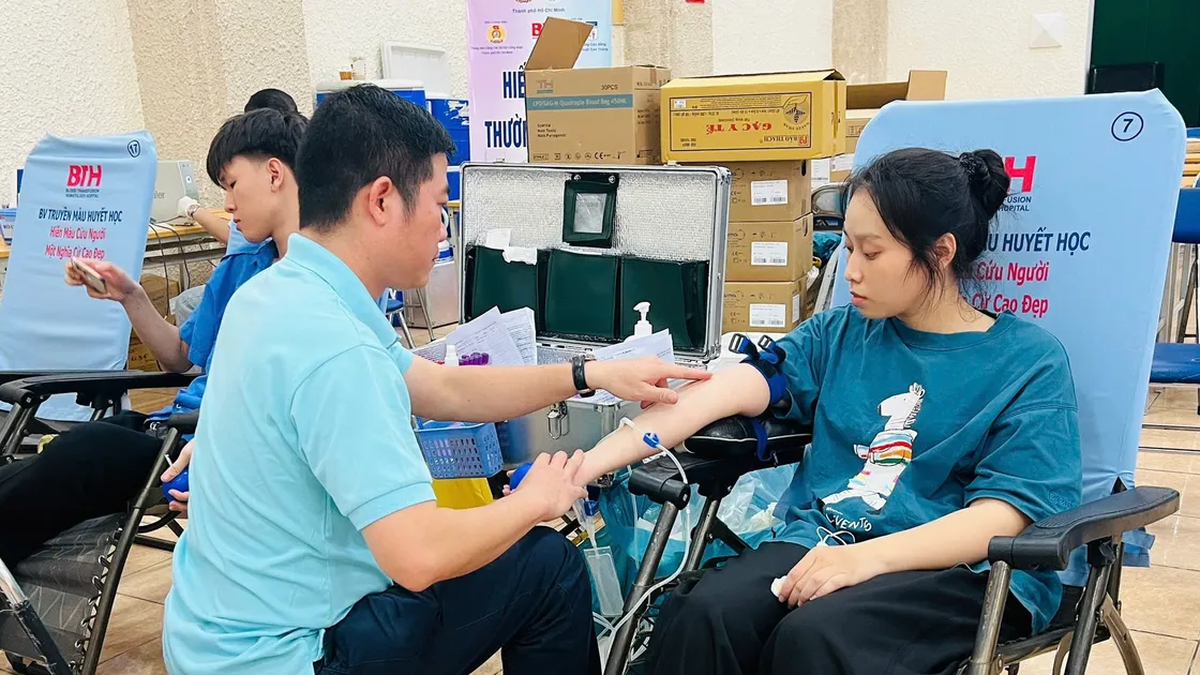
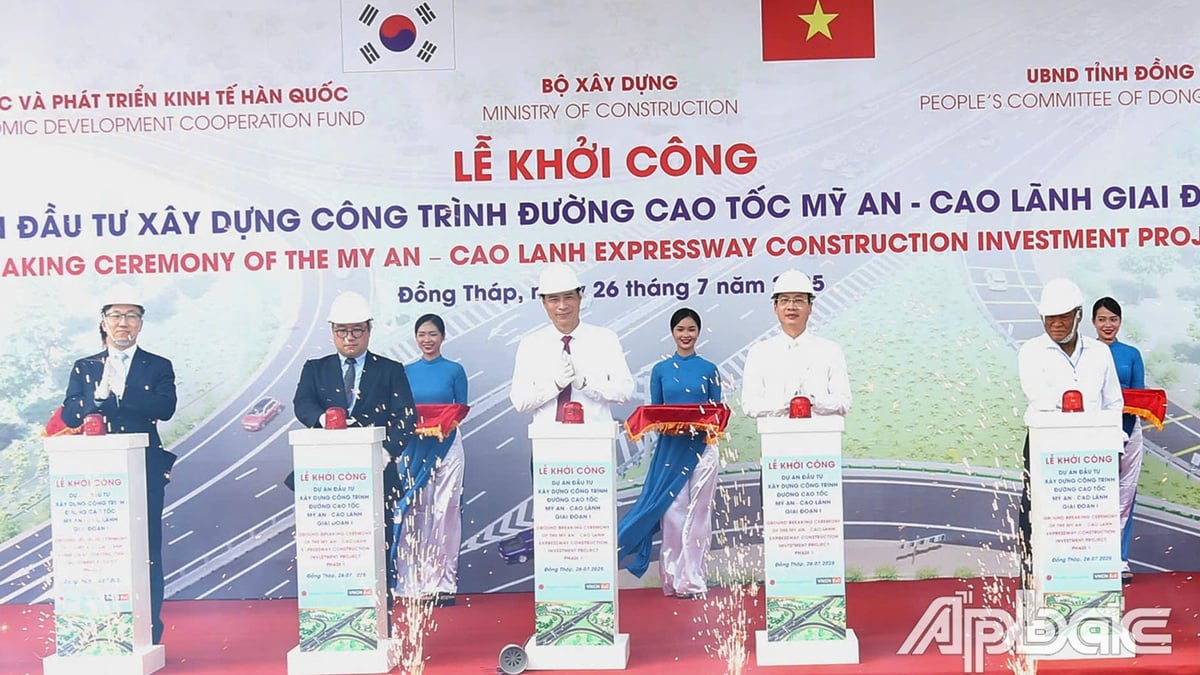












![[Photo] Signing of cooperation between ministries, branches and localities of Vietnam and Senegal](https://vphoto.vietnam.vn/thumb/1200x675/vietnam/resource/IMAGE/2025/7/24/6147c654b0ae4f2793188e982e272651)





































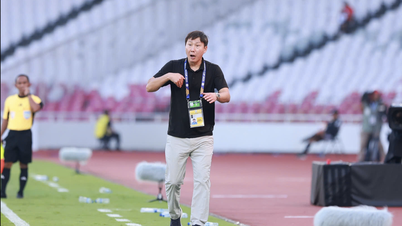

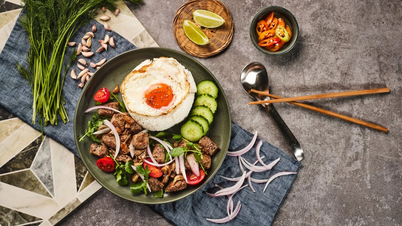



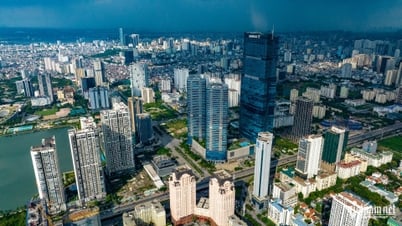
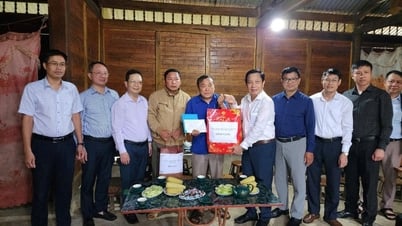

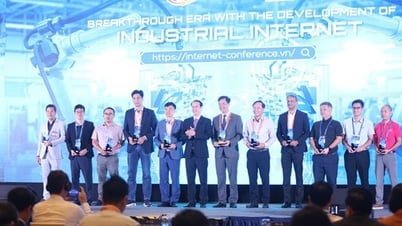

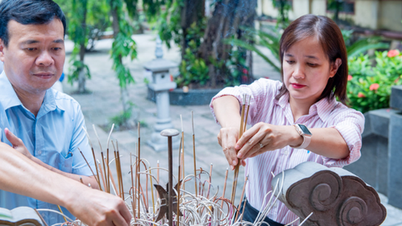
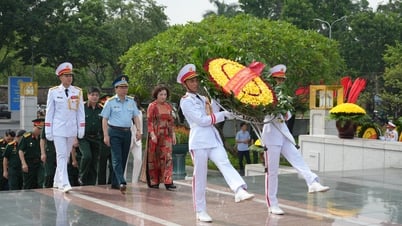
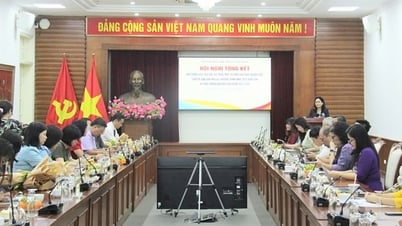

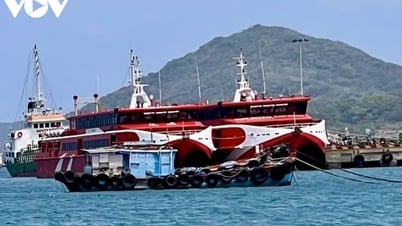























Comment (0)